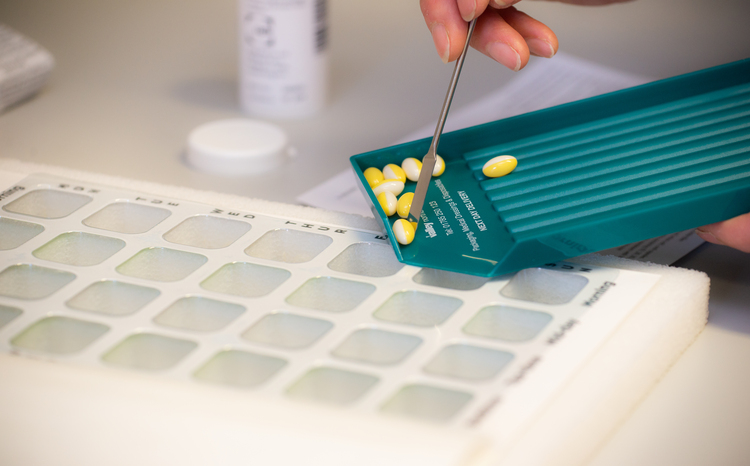Electronic repeat dispensing code saves GPs more than 90,000 hours
- 11 May 2021

A piece of code that allows GPs to access a full list of patients eligible for electronic repeat dispensing has saved the NHS more than 90,000 hours.
On top of the thousands of hours being saved, it enabled an additional 23 million prescriptions to be made in a 12-month period from March 2020.
When the pandemic hit, more GPs were relying on the ability to use electronic repeat dispensing (eRD) services to provide patients with up to 12 months of their medication.
But the success of eRD relied on GPs being able to identify suitable patients, a task that was often time-consuming.
Realising the need to better use data in this area, NHS Business Services Authority (NHSBSA) worked with the Wessex Academic Health Science Network and wide Academic Health Science Networks to identify patient criteria.
Using a substantial amount of NHS data including prescriptions data, drugs data and organisation data, NHSBSA was able to collate a full list of patients suitable for eRD.
That list is now available to every GP in England to help them identify patients suitable for eRD quicker.
Graham Mitchell, head of provider assurance at the NHSBSA, said: “This has been a game changer and allowed GP practices to engage quickly with these patients, carry out clinical reviews, and introduce them to eRD.
“Our work has really paid off, resulting in 23 million extra eRD prescription items being issued from March 2020 to February 2021.”
Andy Mason, data warehouse and BI manager at the NHSBSA, added: “NHSBSA has put years of expertise and effort into creating the prescribing base data. It was this hard work that created a data set which allowed us to act quickly in response to Covid-19.
“We are committed to using and sharing data appropriately and with the proper permissions in place. Looking after your data, understanding what data you have, how it should be stored, how it should be modelled, and how to unlock the power it possesses is so important for all organisations, but especially for those in healthcare.
“Aside from the fantastic people that work in the health and care sector, the data we hold is probably our biggest asset and one we need to protect, nurture, and leverage to the benefit of everyone.”




